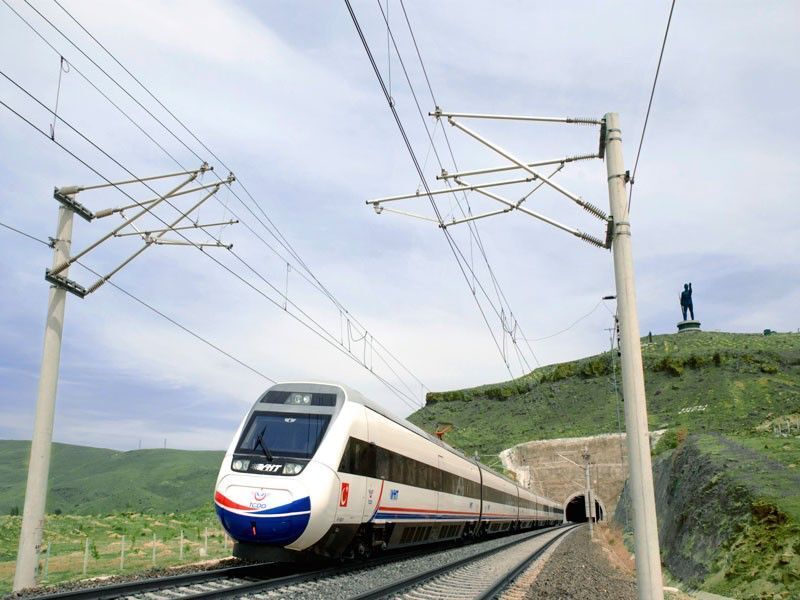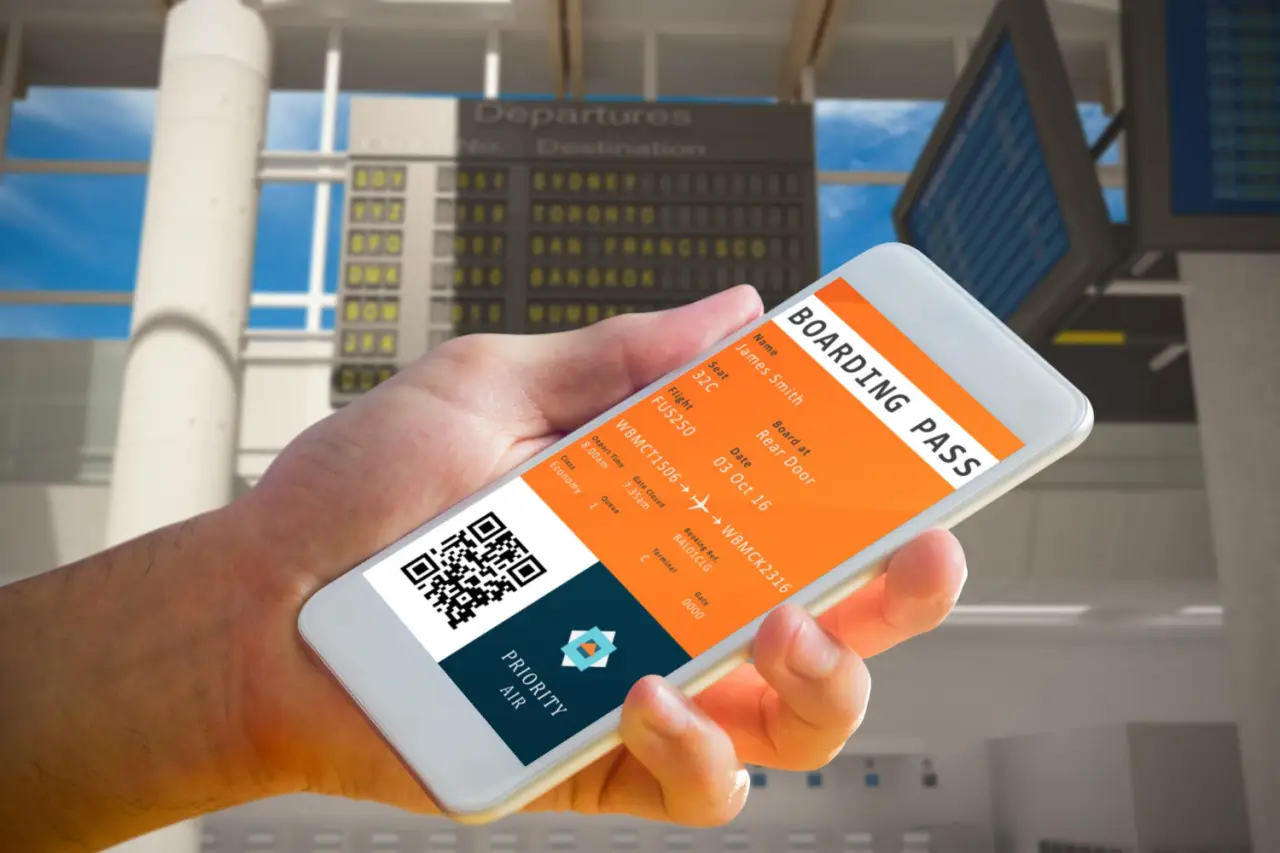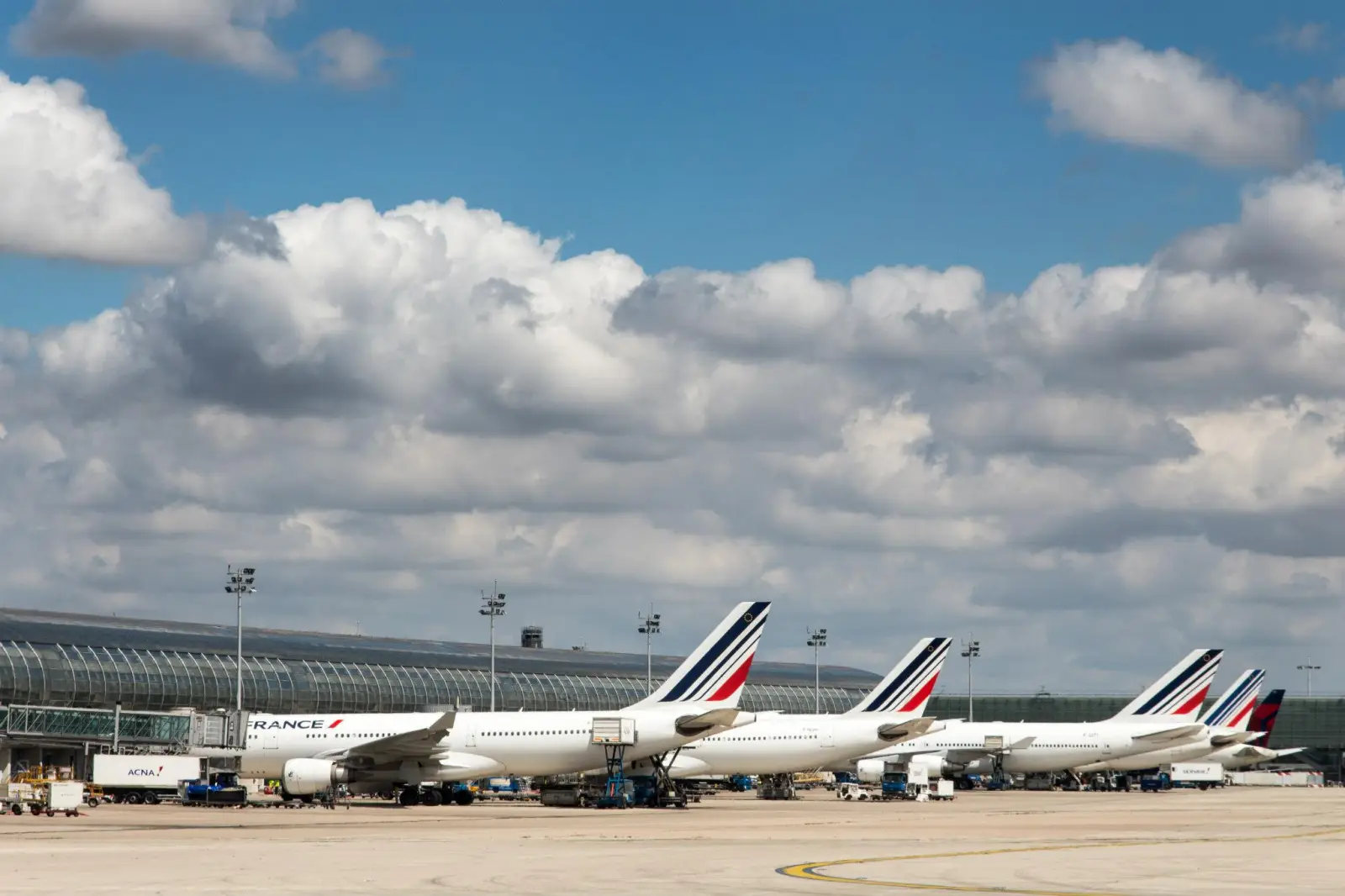Beijing Capital International Airport (BCIA) has completely automated the entire passenger journey using SITA technology – from check-in and bag drop through to immigration, security, and finally boarding.
Passengers only need to enroll once during check-in, then experience a seamless journey through the airport enabled by facial recognition. Improved processing efficiency means shorter queuing time and more social distancing for all passengers. An added benefit during the COVID-19 era is that the process removes the need to touch any airport equipment, reducing the risk of infection.
SITA Smart Path has already proven that it can significantly speed up passenger processing at BCIA, processing over 400 passengers boarding an Airbus A380 in less than 20 minutes. Beyond passenger processing, SITA Smart Path also enables hands-free and touchless Duty-Free payment, removing the need to retrieve and show a boarding pass at check out. This significantly improves the customer experience making Duty-Free quick, contactless and convenient at a time when airports need increased revenue.
The SITA Smart Path solution is the largest rollout of its kind and enables passengers to glide through the airport using only their face as their boarding pass, eliminating the need for physical touchpoints and minimizing the risk of COVID-19 infection for passengers.
The deployment included the implementation of over 600 biometric checkpoints through the airport including 250 lanes of automatic gates, 80 kiosks, and 30 self-bag drop stations which will process passengers from international flights.
The biometric technology is currently activated across multiple checkpoints at BCIA including manual check-in, self-service check-in, bag drop, restricted access, security, and boarding. From an airport efficiency view, the solutions have improved capacity and created a low-touch (paperless) environment for all while allowing staff to focus on passengers who need help with their travel.
As China emerges from the COVID-19 pandemic, a growing number of passengers are returning to the skies. To sustain the industry recovery, airlines, airports, ground handlers and others in the industry must prioritize passenger safety, convenience and confidence.
Sumesh Patel, SITA’s President of APAC said: “Automation is more important than ever in this COVID-19 environment to better enable social distancing and passenger flow without compromising processing times. The BCIA implementation is our most comprehensive deployment of next-generation technology and signposts growing interest from the market to automate and optimize airport operations through smart technology.
“With Duty-Free shopping now also optimized by SITA Smart Path we’re beginning to uncover the full potential of biometrics to boost passenger safety, convenience and confidence, in turn helping the air transport industry to recover and evolve.”
The benefits to BCIA include improved passenger processing efficiency, enhanced passenger experiences, and increased safety and security.
BCIA is the largest airport in China, with passenger volume exceeding 100 million between 2018 and 2020. It is positioned as the international hub airport in the overall design of the Jing-Jin-Ji airports group. To date, it serves 31 domestic airlines and 62 foreign airlines, with 133 international routes, and 161 domestic routes.













